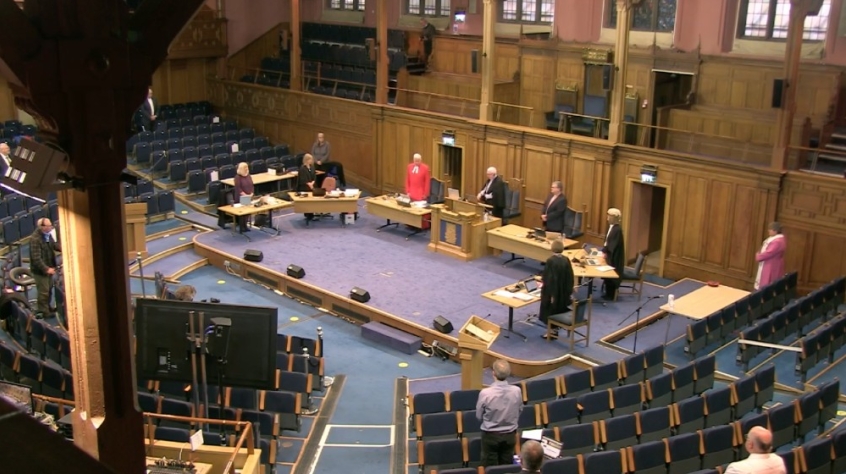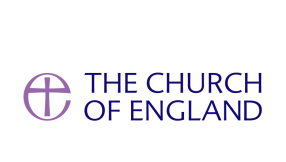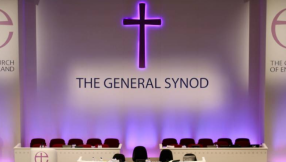
The Church of Scotland is facing the "urgent" need to reduce its spending and bring budgets under control as Covid-19 takes its toll on finances.
Its General Assembly, meeting online over the weekend, agreed a number of steps after Trustees revealed that the Church's total annual income, currently around £105m, could fall by close to a fifth this year - or £20m - due to Covid-19.
In a stark warning, Convener Dr John Chalmers said the Church needed to "get real" about the "difficult decisions" and changes that have to be made.
"We were well on the way to evolving a plan of action when Covid-19 came along," he said.
"Covid-19 has done to the Church what it has done in so many other areas of our common life - it has accelerated the need for change.
"A very different shape of church lies ahead and against the extraordinary challenges that we face, we have to be ready, lean and fit for purpose.
"We cannot go back to the old ways."
He said the full impact of the pandemic on the Church's finances might not be known until next year, and that the long-term goal was to get it "back onto a growth curve".
For now, "we have to make the most of the resources we have," he said.
In light of the challenges, congregational Ministry and Mission contributions have been set at £38.1m in 2021, an 18% reduction on the previous year, while the Faith Impact and Faith Nurture forums have been asked to reduce expenditure by £4m between them next year.
READ MORE: Tough financial forecast for Britain's Baptists
"We can't use Covid-19 as an excuse for inaction," Dr Chalmers said. "We need to be ready for what will be a new normal."
He said that would require a more online presence as he warned that congregations planning for this now are already "behind the curve".
The Church is to review the streamlining of structures, including the unification of its work under a single body, and the possible disposal of the Church's administrative offices at 121 George Street, Edinburgh.
Chief Officer Dave Kendall, in his report to the Assembly, said that reserves would be used in the coming year to support the local church, but he warned that reserves "are depleting and cannot be viewed as endless".
"We can no longer allow central spending to consistently go over budget as it did to the tune of some £40m aggregate total over the five years to 2018," he said.
Mr Kendall continued by saying that the use of reserves "makes it even more critical to be sure that spending other than on stipends, ministry and salary costs is focused on the essential, and that what is non-essential at this time or truly peripheral is stopped and put to one side".
A spokesman for the Church of Scotland said: "The Covid-19 health crisis has affected income streams for all charities and the Church of Scotland is no exception.
"With church buildings closed over the last six months and activities curtailed, there is the potential for reductions in contributions from our congregations as well as in our trading activities and investment income which we rely on to carry out our vital work.
"To respond to the financial challenge facing us, a range of mitigating actions have been taken to maintain the income levels as far as possible, reduce our costs and accelerate our plans for structural reform."
The General Assembly was held remotely for the first time after Covid-19 restrictions forced the cancellation of its May gathering.
It is only the second time in the Church of Scotland's history that its General Assembly has been cancelled.
Over 730 commissioners took part in the proceedings remotely through the Church's website, with only a few representatives meeting in person at the General Assembly Hall in Edinburgh to present reports.













